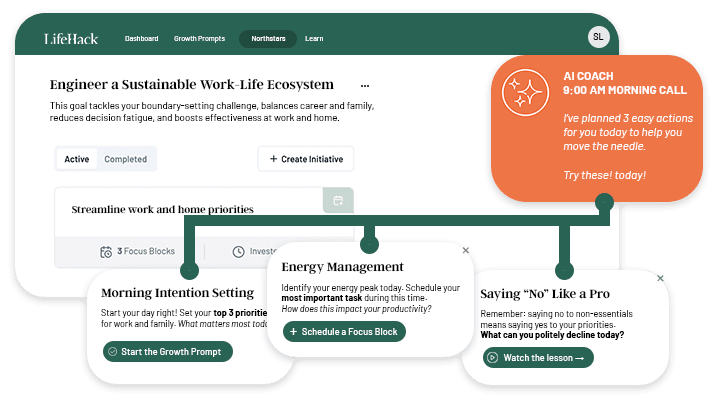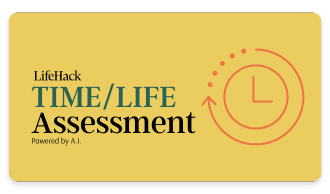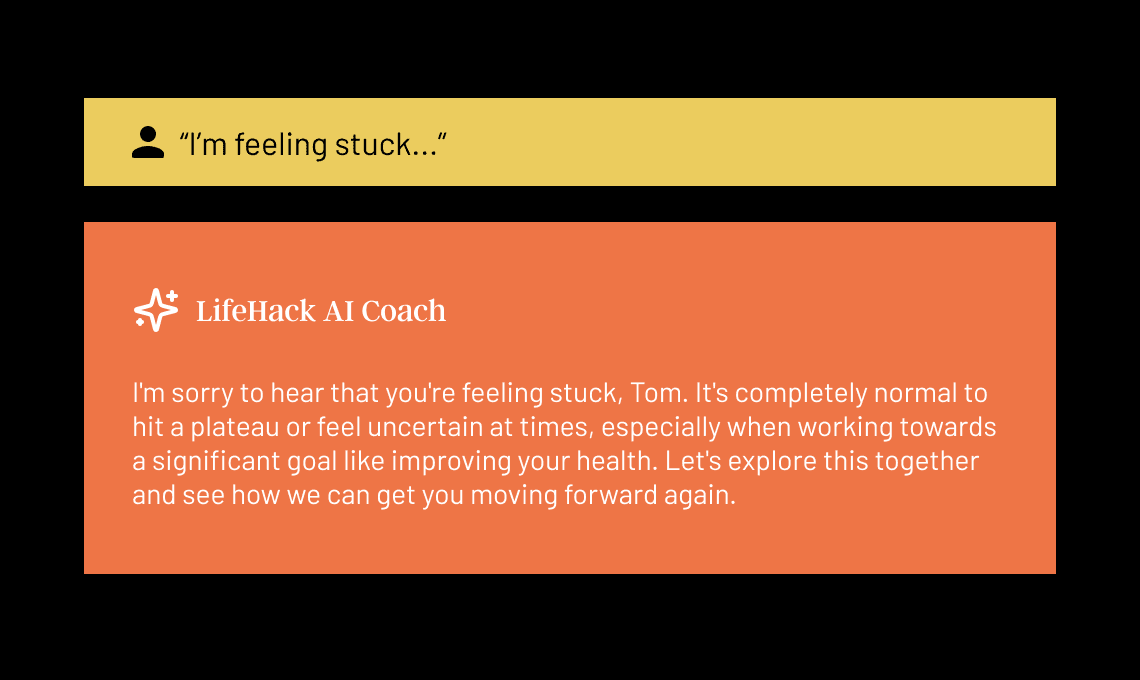New Year’s has come and gone again and left you with the same goal as last year: develop a healthy exercise routine. Somehow between January 1st and March 1st, you tend to fizzle out and go back to your sedentary ways. Before you give up on your goal this year, consider using these four methods to keep yourself on track.
Develop Rituals
Most of us have trouble developing new habits because we don’t give ourselves exciting reasons why we need to change. If our only reason for exercising is to vaguely “feel better” or “look better” or “avoid people’s judgments,” we are unlikely to take action.
Rituals help us come up with reasons for our new habit that will keep us motivated. According to the motivational website, Create Alchemy, rituals involve at least three out of six key areas in our lives. Create Alchemy describes these six areas as “mind, body, soul/spirit, nature, relationships, and passions.” The more areas of your life you incorporate them into your new habit, the more likely the habit will stick.[1]
Since exercise naturally involves your body, you already have one area down. To add “mind” to the mix, try listening to an audiobook or podcast while you are exercising. You can also find an exercise buddy, which will add the “relationship” area. Now you have included three life areas in your new habit, giving you even more reason to stay on track.
Create Triggers
Another great way to prime yourself for success when starting a new habit is to use triggers. These can be behaviors or activities you already do. For instance, most people have some kind of regular morning routine. You may get up, brush your teeth, and make a cup of tea. You can use one of these steps as a stimulus or “trigger” that will remind you to exercise.[2]
The most important thing to keep in mind when using triggers is to be consistent. If you want to use finishing your cup of tea as a trigger for your new exercise habit, make sure you start putting on your shoes or walking out the door as soon as you wash your empty cup. You want to train your mind and body that finishing your tea means start exercising. If you keep up this pattern consistently, within a few weeks you won’t even have to think about your new habit. Just like you wouldn’t leave the house without brushing your teeth, you now won’t “feel right” unless you exercise after finishing your tea. After all, brushing your teeth is just a habit!
Share Your Goal with Others
Sharing your goal with others will force you to define your goal in specific terms and will also provide accountability. Once you tell someone else that you plan to start a new exercise routine, that person will likely check in with you next time you see him/her. He/She will be curious to see if you have been working toward your goal and may be disappointed if you have not.[3] Sometimes, just anticipating that conversation with another person is enough to make you follow through.
Make Your Habit into a Game
If you still need an extra boost that will inspire you to take action, try making your new habit into a game. Set up a system of rewards that you will give yourself if you achieve specific goals. Using a point system can also be helpful. For instance, you may give yourself ten points for running one mile and twenty points for fifteen minutes of strength training. As rewards, choose activities, experiences, and things you enjoy. Then, assign each reward a point value and give yourself the reward whenever you earn enough points.[4]
Many people struggle to start new habits, but this does not have to be you! Just adopt some of these simple strategies to stay motivated. You may want to rotate these strategies to add variety or use them all at once to break through to the next level. Either way, you will experience the exhilaration of success as you follow through on your new goal. When the next New Year rolls around, you will be eager to celebrate your achievements and challenge yourself to even greater goals in the year to come.
Ready for a Goal Breakthrough? Unlock Your Personalized Strategy

Experience the power of a strategy tailored just for you.
Our personalized system provides:
- Custom-crafted action steps based on your unique situation
- Insights tailored to your specific challenges and strengths
- A personalized roadmap to turn your goals into reality
Tailored recommendations powered by smart analysis
Reference
| [1] | ^ | Create Alchemy: How Rituals Can Help You Form Stable, Happy Habits |
| [2] | ^ | Examined Existence: Using Triggers to Create New Habits |
| [3] | ^ | Dragos Raou: 5 Good Reasons to Share Your Goals. And One Powerful Reason Not To |
| [4] | ^ | Lifehacker: Gamify Your Life: A Guide to Incentivizing Everything |















































